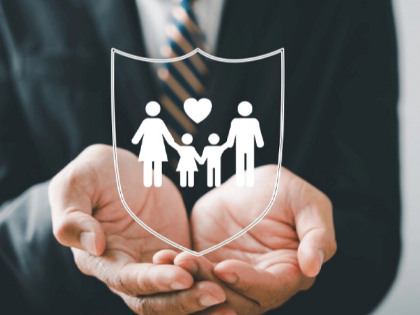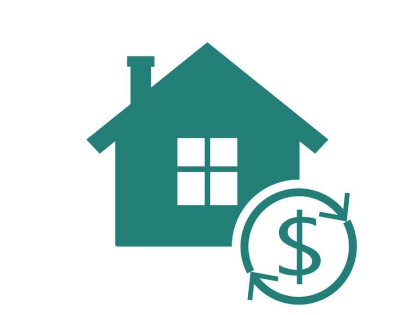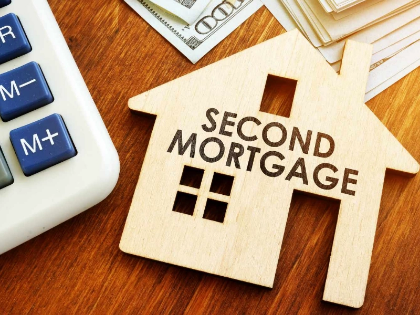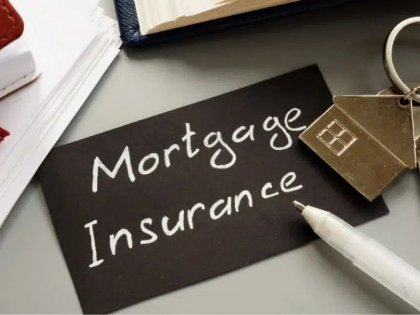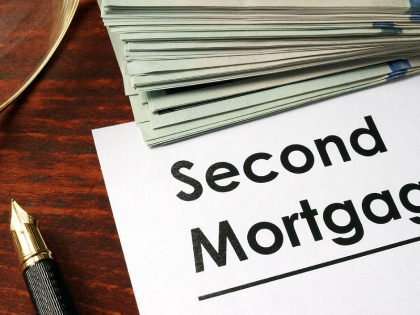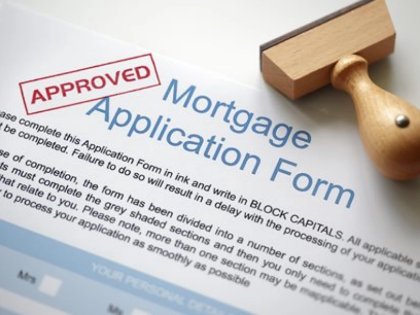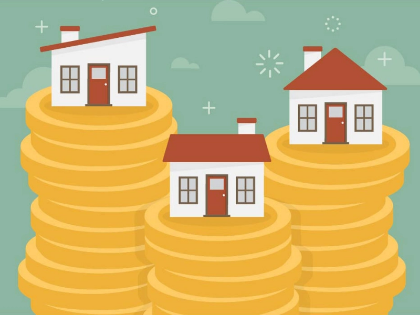Options for Reducing Debt: Credit Counseling, Debt Management, and Consolidation
Borrowers who use debt reduction programs can streamline and simplify their payments and possibly save money on interest. However, it's critical to comprehend how each strategy impacts your loan conditions and credit ratings. A debt consolidation program combines multiple loans into one with a reduced interest rate and consolidates them into one. A personal loan, credit card balance transfer, home equity loan, or 401(k) loan can all be used for this.
Credit Guidance
 If you're struggling to make your debt payments but aren't ready to go the more dramatic route of declaring bankruptcy, credit counseling can be a suitable fit for you. You can create a budget and a repayment plan for your debt with the assistance of a credit counselor. A debt management plan (DMP) is a popular instrument for doing this. A DMP entails paying your creditors on your behalf by sending a single monthly payment to the credit counseling organization. As part of the DMP, credit counselors can assist you in negotiating lower interest rates and costs with your creditors.
However, bear in mind that credit counseling may affect your credit rating. This is due to the possibility that while you complete your DMP, the credit counseling organization will need to cancel some of your accounts. Your credit usage ratio, which accounts for 30% of your credit score, may suffer as a result. Furthermore, the DMP is a long-term solution—it could last up to five years.
If you're struggling to make your debt payments but aren't ready to go the more dramatic route of declaring bankruptcy, credit counseling can be a suitable fit for you. You can create a budget and a repayment plan for your debt with the assistance of a credit counselor. A debt management plan (DMP) is a popular instrument for doing this. A DMP entails paying your creditors on your behalf by sending a single monthly payment to the credit counseling organization. As part of the DMP, credit counselors can assist you in negotiating lower interest rates and costs with your creditors.
However, bear in mind that credit counseling may affect your credit rating. This is due to the possibility that while you complete your DMP, the credit counseling organization will need to cancel some of your accounts. Your credit usage ratio, which accounts for 30% of your credit score, may suffer as a result. Furthermore, the DMP is a long-term solution—it could last up to five years.
Debt Reduction
 Despite their similar names, debt management and settlement provide distinct paths to financial relief. Negotiating a lower settlement amount with creditors is known as debt settlement. Conversely, debt management programs collaborate with credit counseling organizations to reduce interest rates and waive costs in order to combine several payments into a single, easy-to-manage monthly payment.
The best course of action for you will depend on your unique circumstances and objectives, but both can be useful tools for helping you take back control of your debts. The costs of each choice, such as loan fees, upfront costs, effects on credit score, and loan terms, should also be taken into account.
In order to participate in debt settlement, you cease paying your creditors and instead transfer funds into a savings account that the company will utilize to initiate negotiations with your lenders. It may take three years or longer for your creditors to come to a settlement. The majority of debt settlement businesses impose hefty fees that are applied to the company's costs rather than to its liabilities.
Despite their similar names, debt management and settlement provide distinct paths to financial relief. Negotiating a lower settlement amount with creditors is known as debt settlement. Conversely, debt management programs collaborate with credit counseling organizations to reduce interest rates and waive costs in order to combine several payments into a single, easy-to-manage monthly payment.
The best course of action for you will depend on your unique circumstances and objectives, but both can be useful tools for helping you take back control of your debts. The costs of each choice, such as loan fees, upfront costs, effects on credit score, and loan terms, should also be taken into account.
In order to participate in debt settlement, you cease paying your creditors and instead transfer funds into a savings account that the company will utilize to initiate negotiations with your lenders. It may take three years or longer for your creditors to come to a settlement. The majority of debt settlement businesses impose hefty fees that are applied to the company's costs rather than to its liabilities.
Consolidation of Debt
 A debt consolidation loan is a popular debt reduction option that allows you to pay off all of your existing unsecured loans with a single payment over a predetermined amount of time. Over time, you may be able to save money with this kind of loan because its interest rate is usually lower than that of an ordinary credit card.
If you choose this course of action, be sure to pay off the total amount of debt aggregated before the loan's term ends. If you default on a debt consolidation loan, you may incur additional costs and have your credit score negatively impacted.
Even though some borrowers may benefit from debt consolidation, the underlying reason for financial difficulties is not addressed. For instance, a debt management plan with a planned repayment schedule and financial counseling may be more beneficial than a debt consolidation loan if your overspending is the cause of your debt buildup. Similarly, borrowing from your retirement account or taking out a home equity loan carries risk and might not be the best option for you.
A debt consolidation loan is a popular debt reduction option that allows you to pay off all of your existing unsecured loans with a single payment over a predetermined amount of time. Over time, you may be able to save money with this kind of loan because its interest rate is usually lower than that of an ordinary credit card.
If you choose this course of action, be sure to pay off the total amount of debt aggregated before the loan's term ends. If you default on a debt consolidation loan, you may incur additional costs and have your credit score negatively impacted.
Even though some borrowers may benefit from debt consolidation, the underlying reason for financial difficulties is not addressed. For instance, a debt management plan with a planned repayment schedule and financial counseling may be more beneficial than a debt consolidation loan if your overspending is the cause of your debt buildup. Similarly, borrowing from your retirement account or taking out a home equity loan carries risk and might not be the best option for you.
Insolvency
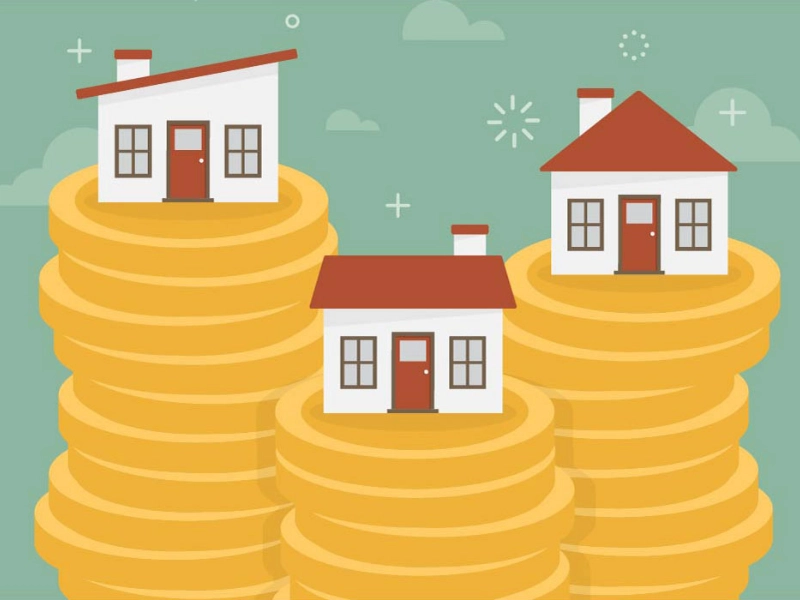 Bankruptcy can be an option if credit counseling is unable to significantly reduce your debt or if the debt settlement process adversely affects your credit. Numerous kinds of unsecured debt are eliminated via bankruptcy, which also stops creditor collection efforts. A trustee is appointed by the court to oversee the bankruptcy, and you are required to reveal all of your assets and earnings. A trustee may liquidate secured assets (such as furniture or a car) to assist in paying off debts. Debts guaranteed by collateral (such as a security deposit or the value of an account) and debts secured by a house, vehicle, or other real estate are referred to as secured debts.
Bankruptcy can take many forms, but Chapter 7 is the most typical for consumers. Companies can file for Chapter 11 bankruptcy, which enables them to reorganize their debt and keep their assets while continuing to operate as a business. Bankruptcy has a negative impact on your credit score and remains on your record for ten years.
Bankruptcy can be an option if credit counseling is unable to significantly reduce your debt or if the debt settlement process adversely affects your credit. Numerous kinds of unsecured debt are eliminated via bankruptcy, which also stops creditor collection efforts. A trustee is appointed by the court to oversee the bankruptcy, and you are required to reveal all of your assets and earnings. A trustee may liquidate secured assets (such as furniture or a car) to assist in paying off debts. Debts guaranteed by collateral (such as a security deposit or the value of an account) and debts secured by a house, vehicle, or other real estate are referred to as secured debts.
Bankruptcy can take many forms, but Chapter 7 is the most typical for consumers. Companies can file for Chapter 11 bankruptcy, which enables them to reorganize their debt and keep their assets while continuing to operate as a business. Bankruptcy has a negative impact on your credit score and remains on your record for ten years.

